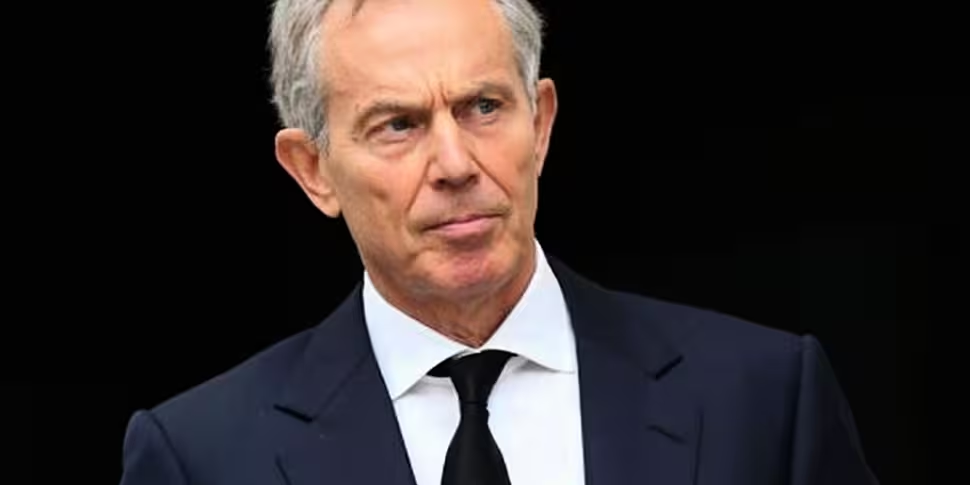Updated: 19.45
Tony Blair has said he will never accept that servicemen who were killed or injured in the Iraq War made their sacrifice in vain.
In the wake of the Chilcot Report, he described the decision to launch military action as the "the hardest, most momentous and agonising decision I took in my 10 years as British prime minister".
Mr Blair's voice broke as he admitted at a news conference: "The intelligence assessments made at the time of going to war turned out to be wrong, the aftermath turned out to be more hostile, protracted and bloody than ever we imagined. I express more sorrow, regrets and apology than you may ever know or can believe."
Although Sir John Chilcot's report concluded Saddam Hussein was not an imminent threat at the time of the invasion, Mr Blair insisted that the leader would have threatened world peace if he had not been removed from power.
He said: "Saddam Hussein's regime was the place to start ... his record bloodshed suggested he was capable of aggressive and unpredictable catastrophic actions."
Mr Blair said it was important to recall the atmosphere following the September 11 attacks in 2001, when western nations were changing their security practices and were left unsure "where the next attacks would come from".
He urged people to "put themselves in his shoes" as Prime Minister in late 2002 and early 2003 - months before the invasion began - when intelligence was "mounting up" on weapons of mass destruction in Iraq.
"Your primary responsibility is to protect your country. These were my considerations at the time," he explained.
"I only ask with humility that the British people accept I took this decision because I believed it was the right thing to do, based on the information that I had and the threat I perceived."
Mr Blair added that he accepted "full responsibility" for the criticisms made by the Iraq Inquiry - even where he didn't agree with them.
However, he did try to address some of the damning conclusions made by Sir John.
In responding to the report's claim that military action was not the last resort, Mr Blair said: "With respect, I didn't have the option of that delay. I had to decide. I thought of Saddam, his record, the character of his regime."
He said he took the decision because he thought it was right for the country - and said the political cost "shrunk into insignificance beside the human cost of inaction".
In an earlier written response, Mr Blair said the 2.6 million-word report should lay to rest any allegations of bad faith, lies or deceit.
He pointed to three "clear" findings in the report: that there was no falsification or improper use of intelligence, no deception of his Cabinet, and no secret commitment to war made with then US President George Bush.
Mr Blair's foreign secretary at the time, Jack Straw, said the consequences of the decision to invade Iraq "will live with me for the rest of my life" - and he acknowledged that different decisions would have been made "with the benefit of hindsight".
The findings of the Chilcot report have led to renewed calls for the American Military to stop using Shannon Airport.
Sinn Féin MEP Lynn Boylan says the use of the facility can no longer be defended:









